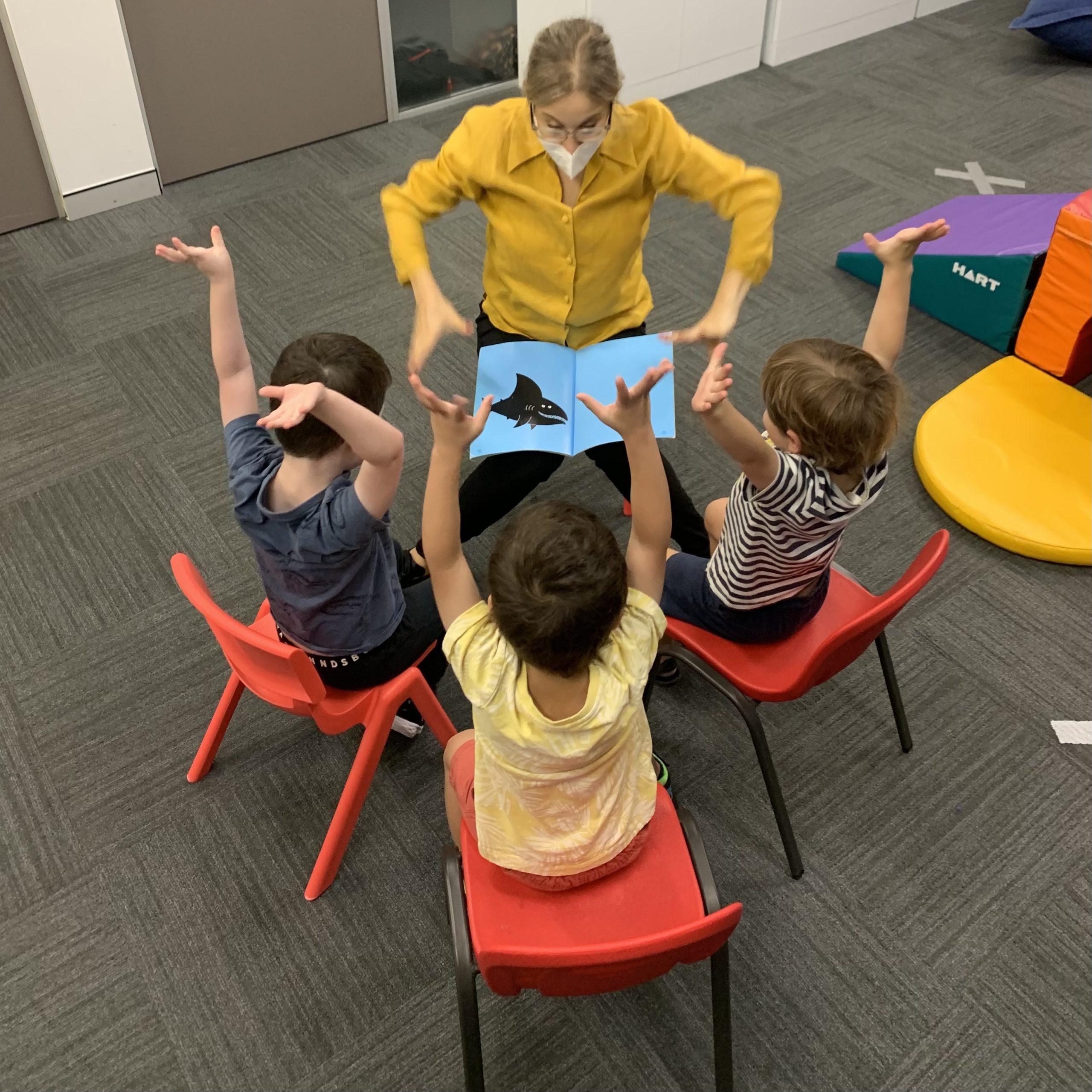
The Importance of Quarterly Reviews for ESDM in Young Children with Autism
Quarterly reviews are an essential part of the Early Start Denver Model (ESDM), helping children with autism make steady progress. These reviews ensure that therapy stays aligned with the child’s evolving needs, tracking how well they are developing new skills. By regularly reviewing progress, therapists can quickly adjust goals and strategies based on the child’s current abilities.
Why Quarterly Reviews Matter
Children grow and change rapidly, especially in the early years. Without regular updates, therapy may lose its effectiveness. Quarterly reviews allow therapists to make small adjustments that keep therapy relevant and engaging. For example, if a child has mastered a certain skill, the therapist can introduce new challenges that match the child’s developmental stage. This flexibility keeps therapy dynamic and responsive.
Tracking Progress and Adjusting Goals
During these reviews, therapists evaluate a child’s progress by observing how well they’ve developed certain communication, social, or motor skills. Rather than relying on yearly assessments, quarterly reviews ensure that any developmental gaps are addressed quickly. If a child is struggling with certain tasks, therapists can adjust strategies to focus on these areas, helping the child stay on track.
Parental Involvement
Parents play a crucial role in the success of the ESDM. Quarterly reviews give parents an opportunity to be involved in the assessment process, helping them better understand their child’s progress. Therapists work closely with parents to provide guidance on how to support their child at home, using techniques that reinforce the skills learned during therapy. Regular involvement keeps parents informed and engaged, ensuring that they can provide consistent support across all environments.
Improving the Learning Environment
Children with autism often thrive when their learning environment is adapted to their specific needs. During quarterly reviews, therapists recommend changes to the child’s daily environment, such as introducing sensory-friendly spaces or adjusting routines. These adjustments help the child feel more comfortable and ready to engage in learning activities. The goal is to create a space where the child can fully participate, both in therapy and at home.
Keeping Therapy on Track
The Early Start Denver Model is highly personalised, but it requires ongoing monitoring to remain effective. Quarterly reviews act as checkpoints, ensuring that therapy doesn’t drift off course. If new challenges arise, therapists can immediately implement solutions rather than waiting for significant developmental delays to occur. Regular reviews keep the therapy focused, flexible, and aligned with the child’s developmental timeline.
Celebrating Achievements
Each quarterly review also serves as a moment to celebrate progress. Whether it’s mastering a new word, improving eye contact, or successfully engaging in social play, these milestones are important markers in the child’s journey. Recognising and celebrating these small victories motivates both the child and their family, reinforcing the positive impact of the ESDM.
Conclusion about Quarterly Reviews in the ESDM
Quarterly reviews are crucial for maintaining the effectiveness of the Early Start Denver Model for children with autism. They help track progress, adjust goals, and involve parents in the therapy process. At OneOnOne Children’s Therapy in Sydney, we believe in the power of regular reviews to keep therapy on track and ensure your child continues to thrive.
If you’re interested in how ESDM can support your child’s development, contact our Sydney-based clinic for a consultation. Our team of Certified ESDM Therapists are here to help your child reach their full potential through personalised and responsive care.
